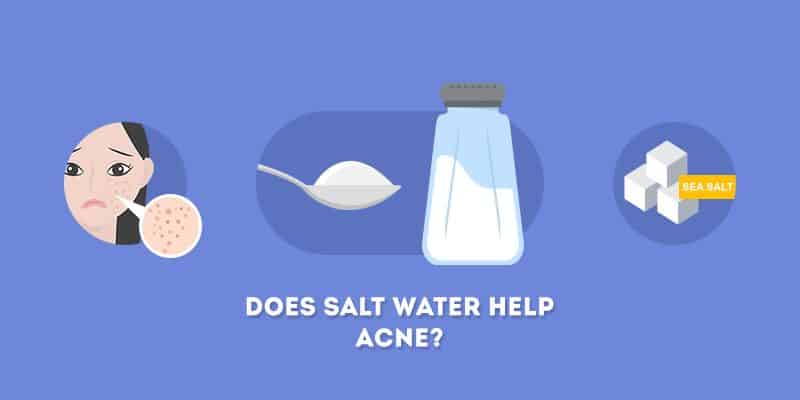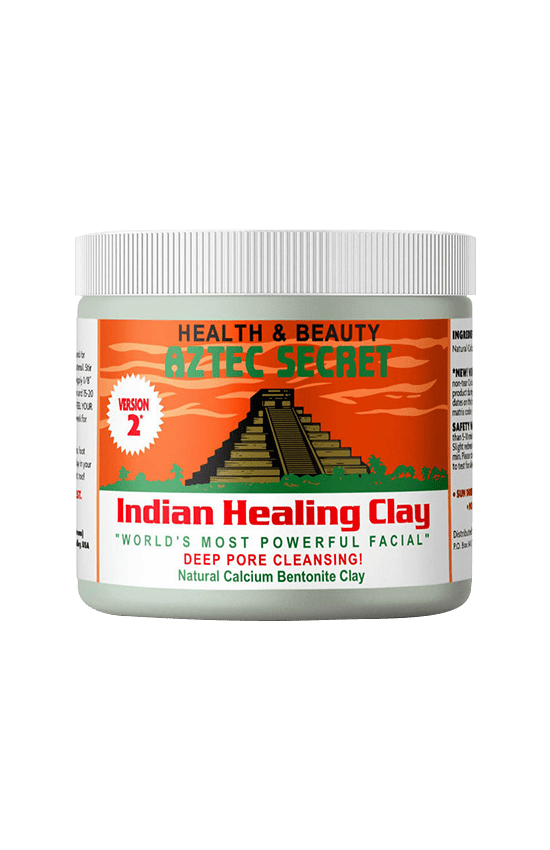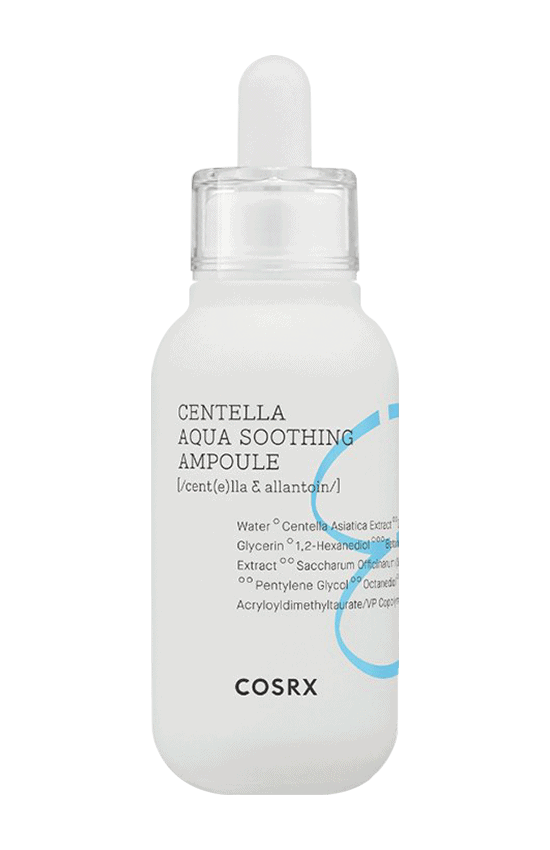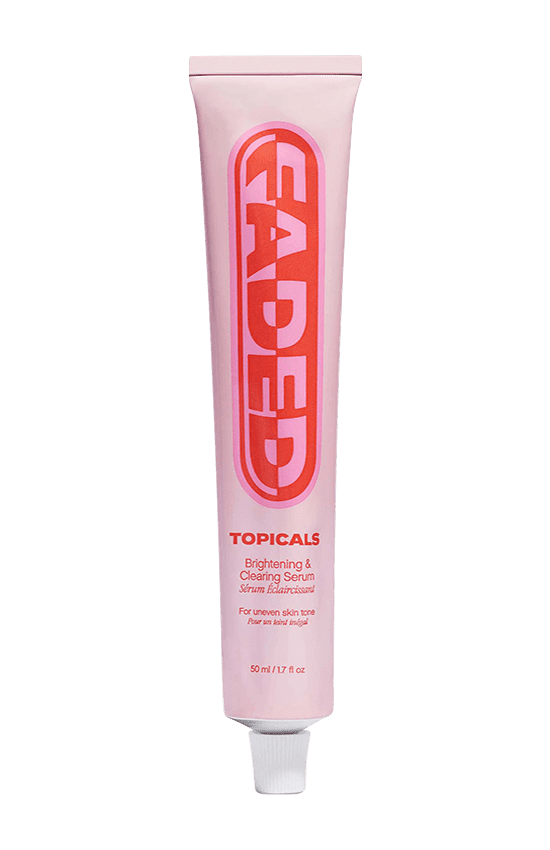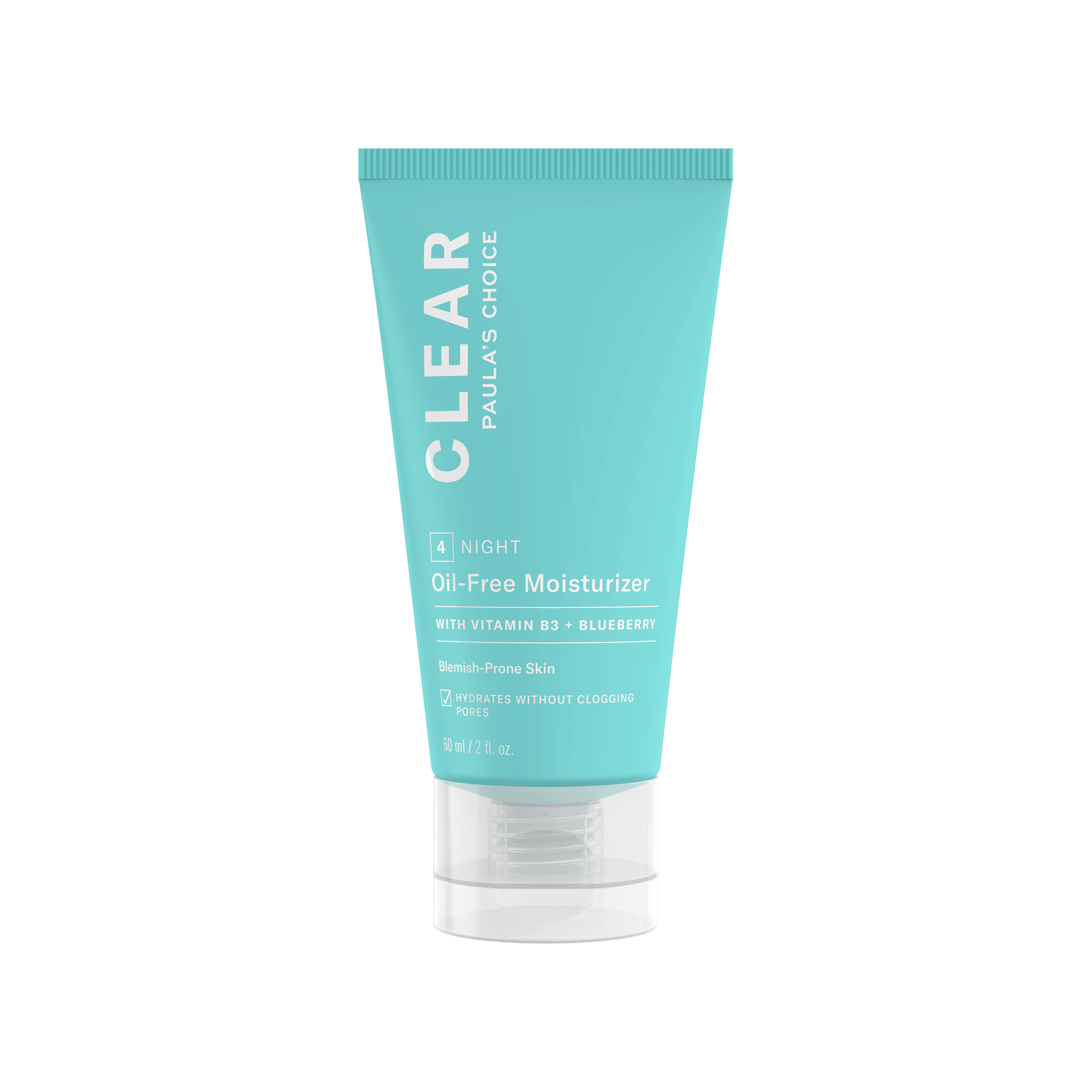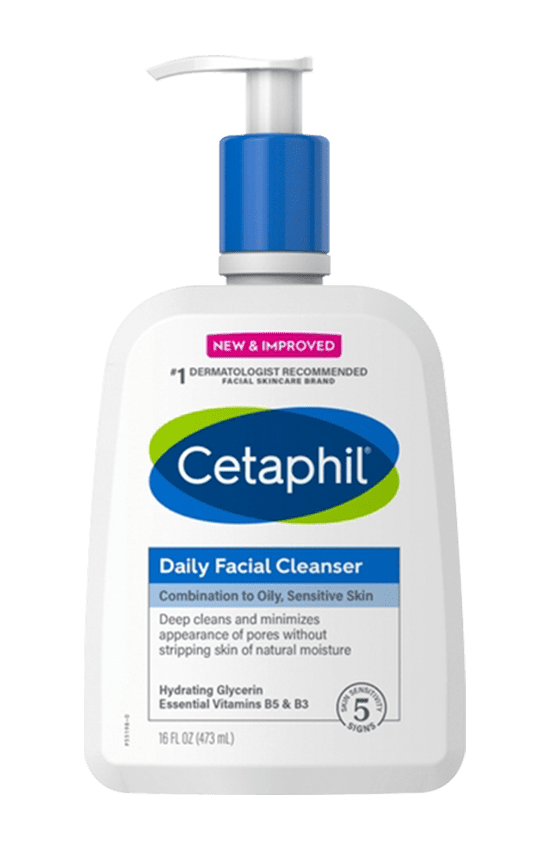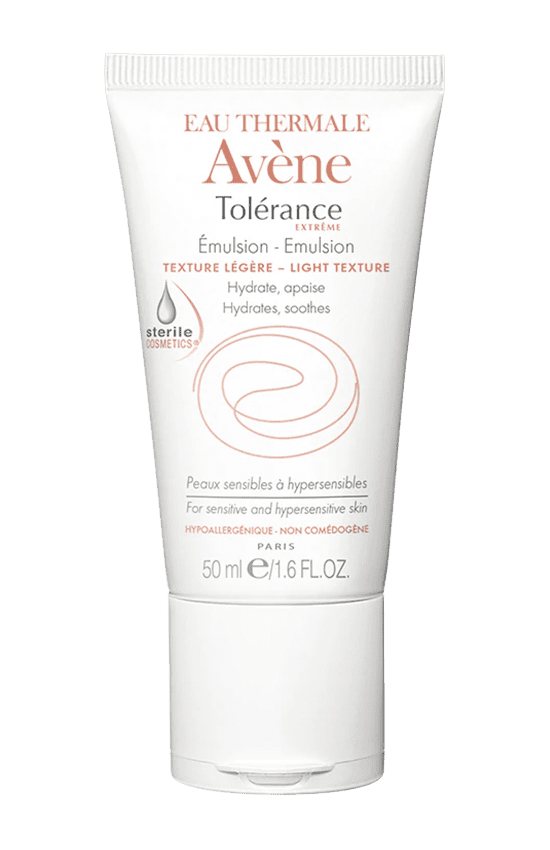Salt water is commonly used to address a range of conditions, from soothing sore throats to treating small cuts and scrapes. Considering how much salt water can do, you might be wondering: does salt water help acne?
Read on to learn more about the effectiveness of salt water on acne.
Using Salt Water for Skin Abrasions and Other Issues
Salt water-based saline solutions have long been used as oral rinses and topical treatments for superficial skin abrasions. Salt is effective at killing some types of bacteria. This means it can potentially treat and prevent infections. Through a process called osmosis, salt extracts water from bacteria. This helps balance salt concentrations on each side of the cell membrane. The bacteria can’t function without water, and eventually collapses.
Although salt is effective at killing some bacterial strains, there is another class of bacteria that thrives on it. This means salt water isn't always a "cure-all." Also, salt's efficacy on the treatment of conditions like sore throats is a bit misunderstood. It alleviates the pain and symptoms associated with a sore throat, rather than actually curing it. There is also a misunderstanding about salt and the treatment of wounds. Multiple studies have proven that tap water is as effective as saline in cleansing wounds. Since salt helps in some cases but not others, you may still be wondering: does salt water help acne?
Does Salt Water Help Acne?
The efficacy of salt water on acne hasn’t been studied. Salt water can't be recommended as a treatment for acne since there is a lack of research on the topic.
While salt water could potentially be useful in diminishing mild breakouts, it might also do more harm than good. Salt water could break down your skin barrier, making it more irritable and sensitive. It also has the potential to strip your skin of its natural oils and dry it out. Skin stripped of its natural oils goes on to produce even more oils. Ultimately, this may actually lead to more breakouts. Plus, salt water may interfere with your facial cleanser and other acne treatments, making them less effective.
So, the question remains: does salt water help acne? While using salt water as a spot treatment every once in a while might help, there is no evidence that it is a useful acne treatment. Using it long term could end up doing more harm than good. It is ultimately best to try out tried-and-true acne treatments.
Proven Alternatives to Salt Water for Acne
The definitive benefits of salt water on acne are unknown. However, there are other active ingredients that have been scientifically-proven to help with acne. These include:
1. Salicylic Acid
Salicylic acid is part of a class of acids known as beta hydroxy acids (BHAs). BHAs are particularly effective at targeting acne because they are oil-soluble. This means salicylic acid can break through oil and penetrate the pore to dissolve the debris that cause acne. Salicylic acid can be found in a variety of products, including face washes, spot treatments, pre-soaked pads, and serums.
2. Azelaic Acid
Azelaic acid is part of a class of medications called dicarboxylic acids. It treats acne by killing pore-infecting bacteria and reducing redness and inflammation. An added bonus: azelaic acid also helps even skin tone. This means it may help reduce the marks acne breakouts commonly leave behind. You can find azelaic acid in foams, creams, and gels.
3. Retinol / Retinoids
Retinol and retinoids are both forms of retinoic acid, a vitamin A derivative. Retinoic acid increases skin cell turnover. This means it prevents skin debris from creating pore-blocking build up. Retinols feature a lower concentration of the active retinoic acid and are available over the counter. Retinoids are formulated with a higher concentration of retinoic acid and require a prescription.
4. Benzoyl Peroxide
Benzoyl peroxide is a chemical compound that kills acne-causing bacteria. The strength ranges from 2 to 10 percent. Lower strength formulations are available over the counter, and higher concentrated formulations require a prescription. Benzoyl peroxide comes in a variety of forms including face washes, spot treatments, and pre-soaked pads.
Recommended Products
The following are some of the top recommended alternatives to using salt water for acne. Many include the acne-fighting ingredients mentioned above, and can help you get rid of stubborn spots. In addition to using the cleanser twice daily, try introducing one of the topical products into your routine. Keep track of your skin's progress and reaction to see if it is working. Test out different products separately to see what works best for your skin.
1. Cetaphil Daily Facial Cleanser for Normal to Oily Skin
It’s no wonder Cetaphil is a top-recommended cleanser among dermatologists. This gentle cleanser removes excess oil and build up without stripping skin. It is designed attract moisture to the skin, so this Cetaphil cleanser will leave your face thoroughly cleansed but not feeling dry.
2. Stridex Maximum Pads
These pre-moistened pads contain a 2% concentration of salicylic acid. The formula penetrates the skin to unclog pores and dissolve excess sebum. Each pad is specially textured for an ideal cleansing experience in order to remove oil, dirt, sweat, and other debris. Additionally, the acne-fighting formulation is completely alcohol-free. This means you get results without redness and skin irritation.
3. The Ordinary Azelaic Acid Suspension 10%
The cream-gel formula reduces the appearance of blemishes by targeting acne-causing bacteria and reducing redness. As breakouts clear, this multitasker continues to improve the overall skin condition by steadily improving uneven skin tone and fading post-inflammatory hyperpigmentation. The lightweight formulation can be used day and night, and is appropriate for all skin types.
4. Paula’s Choice Clinical 1% Retinol Treatment
This potent retinol solution is effective at reducing acne outbreaks by increasing skin cell turnover in order to prevent dead skin cells from clogging pores. It is also an effective anti-aging treatment. With licorice extract, oat extract, and other soothing plant extracts, this uniquely formatted treatment also calms skin and eases redness.
5. Acne.org 2.5% Benzoyl Peroxide
Fragrance-free and pH balanced, this pharmaceutical benzoyl peroxide formula works to rid the skin of acne without excessive dryness and irritation. The gel treatment goes on clear and spreads easily and won’t pill or clump when used with other products.
When to See a Dermatologist
If you’ve tried all of the over the counter options but your acne still persists, it may be time to see a professional. Dermatologists will be able to determine the underlying causes of your acne, ultimately prescribing treatments that fit your needs.
FAQ
Is salt water good for acne?
It is not known if salt water is good for acne. Salt water has not been studied as an acne treatment. It also could do more harm than good to the skin. Salt water could potentially break down the skin's barrier and dry it out. The best course of action is using products with scientifically-proven active ingredients.
Does going to the beach help acne?
Salt water and acne hasn't been studied. There is a lack of research on the topic, so it is unknown if going to the beach helps acne. As mentioned above, it could do more harm than good. It is important that you wash salt water off your face as soon as possible after a beach day.
Is salt water good for your face?
Salt water might end up doing more harm than good when it comes to your overall skin health. It could break down the skin barrier and dry out the skin. This could make it red, sensitive, and uncomfortable.
Summary:
- Does salt water help acne? The short answer is no. There is no proof that salt water improves acne.
- Salt water actually might do more harm than good. It can break down the skin's barrier and lead to dryness. This could ultimately lead to even more breakouts.
- Alternatives include salicylic acid, azelaic acid, retinol and retinoids, and benzoyl peroxide.
